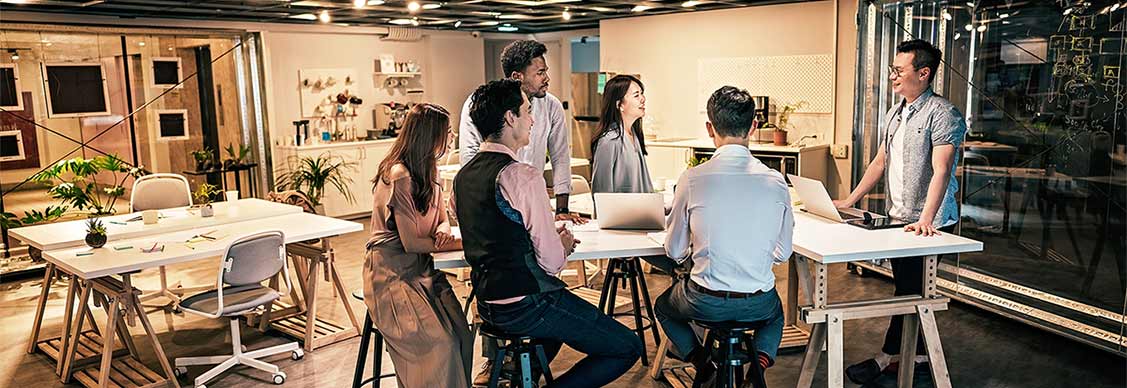Why employees feel disconnected from their company’s green goals
New research shows corporate sustainability initiatives aren’t on their employee’s radars
Employees across Asia Pacific are craving a louder voice in their company’s sustainability and carbon-reduction plans.
People are feeling disengaged from environmental and social agendas at their company, as well as unaware of its green goals, according to a JLL survey of 1,200 employees across six countries in Asia Pacific. The results showed that 65 percent are not aware of their companies’ carbon reduction goals, while 60 percent didn’t feel involved in green initiatives.
But there is a desire for a more prominent seat at the sustainability table, with 78 percent of employees aged 21 to 30 wanting to work for a company that actively involves employees in sustainability efforts. Another 64 percent of respondents aged 31 to 40 share this view.
“A gap exists between the expectations of employees and the actions of employers on sustainable initiatives,” says Anthony Couse, Chief Executive Officer, APAC, JLL. “But in their pursuit of sustainability, businesses in Asia Pacific must ensure that their corporate goals are closely aligned with the goals of their employees.”
Looking for more insights? Never miss an update.
The latest news, insights and opportunities from global commercial real estate markets straight to your inbox.
Next steps
The findings are especially pertinent in a tight labor market that is pushing companies to work harder to attract and retain staff.
Businesses can boost engagement by involving workers in their sustainability agenda, says Kamya Miglani, director of Research, Work Dynamics, Asia Pacific, JLL.
Companies can do things like support employees’ personal environmental and social projects with time and funding. They can also identify eco-champions within the workforce and have business leader highlight their good work.
“Employees might want to help boost sustainability practises in their office with, for example, greater water efficiency, smart lighting, or bringing in more indoor greenery,” says Kamya Miglani, director of Research, Work Dynamics, Asia Pacific, JLL. “Getting them involved personally is a win-win, as it’s clear that for both groups – employees and companies – sustainability is increasingly important.”
Real estate’s role
The built environment is going to be a critical part of driving sustainability agendas and supporting employee and employer sustainability expectations and goals. Approximately 70 percent of employees in the JLL survey said that offices can be highly impactful in reducing carbon emissions, and 90 percent see residential buildings as a catalyst to enhance urban greenery.
“Real estate plays a crucial role in laying out the pathway to a sustainable future, as office and residential buildings are instrumental in reducing carbon emissions,” says Miglani. “Increasingly, we will see businesses investing in sustainable real estate or leasing office spaces in green buildings as part of their sustainability strategy, which will ultimately improve employee engagement and retention.”
